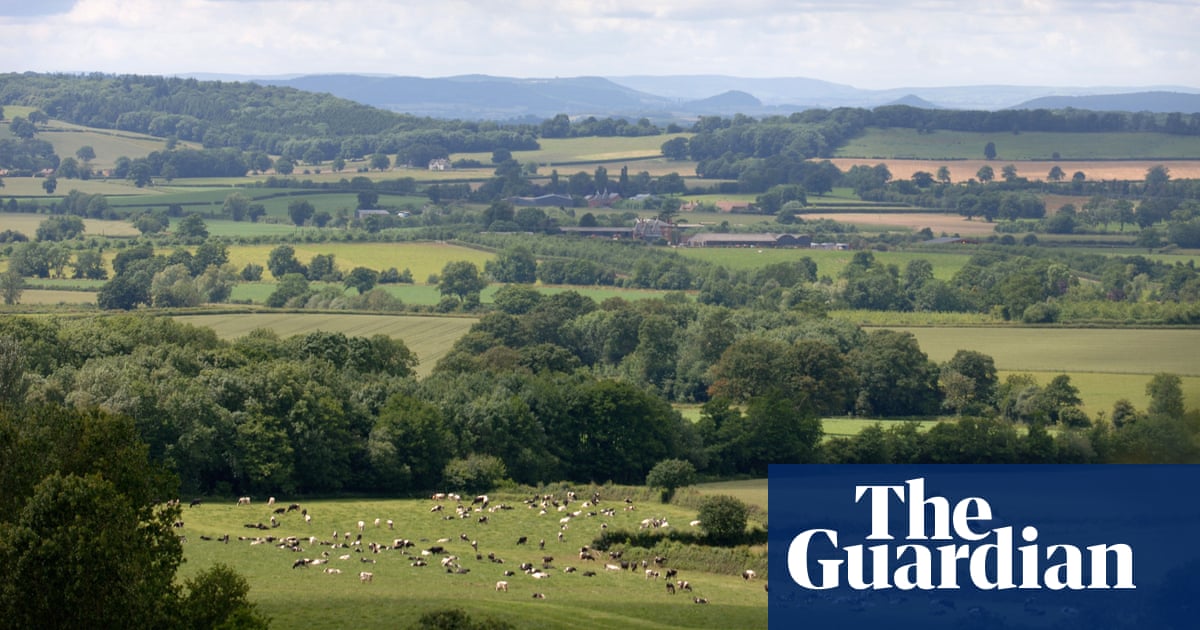
There is just one local authority inspector for every 878 farms in England, Scotland and Wales, according to a report, which says that the current welfare system is continuing to fail animals.
Researchers for the Animal Law Foundation found that only 2.5% of the more than 300,000 UK farms were inspected at least once in 2022 and 2023, a marginal decrease from 2018-21 when Covid-19 might be expected to have affected inspection rates.
When inspections did take place, 22% of farms were found not to meet animal welfare law standards but only 1% of non-compliances were prosecuted, a slight increase from 2018-21.
Edie Bowles, solicitor and executive director of the Animal Law Foundation, said: “Our data shows that the current system is failing animals. Animals continue to be mistreated by those who have a legal responsibility to take care of them and rather than be held accountable for their actions, apparent complacency and disregard for those legal protections stops this from happening on a system-wide basis.
“It is vital that the protections available to animals mean something in practice. Asking for laws to matter is not a big ask, it is simply the fulfilment of promises already made to the public when parliament enacted those laws in the first place.”
Local authorities are the main enforcement bodies for farmed animal welfare in England, Scotland, and Wales, while in Northern Ireland enforcement falls on the Department of Agriculture, Environment and Rural Affairs (Daera). As of 29 March 2024, there was a ratio of one inspector for every 62 farms a year in Northern Ireland, according to the report.
In 2022, local authorities received 4,982 complaints relating to farmed animal welfare and launched 25 prosecutions, the researchers found. Last year, they received 4,778 complaints and began 36 prosecutions.
The Animal Law Foundation attributes the low rates of inspections and enforcement to several factors, including “the fragmented and opaque regulatory framework”, which it says makes it difficult to identify the public body responsible for monitoring and enforcement, and in turn to hold them to account.
The Department for Environment, Food and Rural Affairs, the Welsh and Scottish governments, and Daera have overall responsibility for farm animal welfare law and policy in England, Wales, Scotland, and Northern Ireland, respectively.
With the exception of Daera, they delegate day-to-day enforcement of the relevant laws to local authorities and executive agencies, such as the Animal and Plant Health Agency (APHA), the Food Standards Agency, and Food Standards Scotland.
Cllr Heather Kidd, the chair of the Local Government Association’s safer and stronger communities board, said: “Councils that carry out welfare related activities on farms do not receive funding from central government for this work, but carefully juggle priorities and resources to ensure the welfare of farmed animal can be protected.”
The APHA and Daera both said they take their responsibilities in relation to animal welfare very seriously and took appropriate enforcement action, which does not always involve prosecution.
The Cosla, for Scotland’s local authorities, was also approached for comment.












